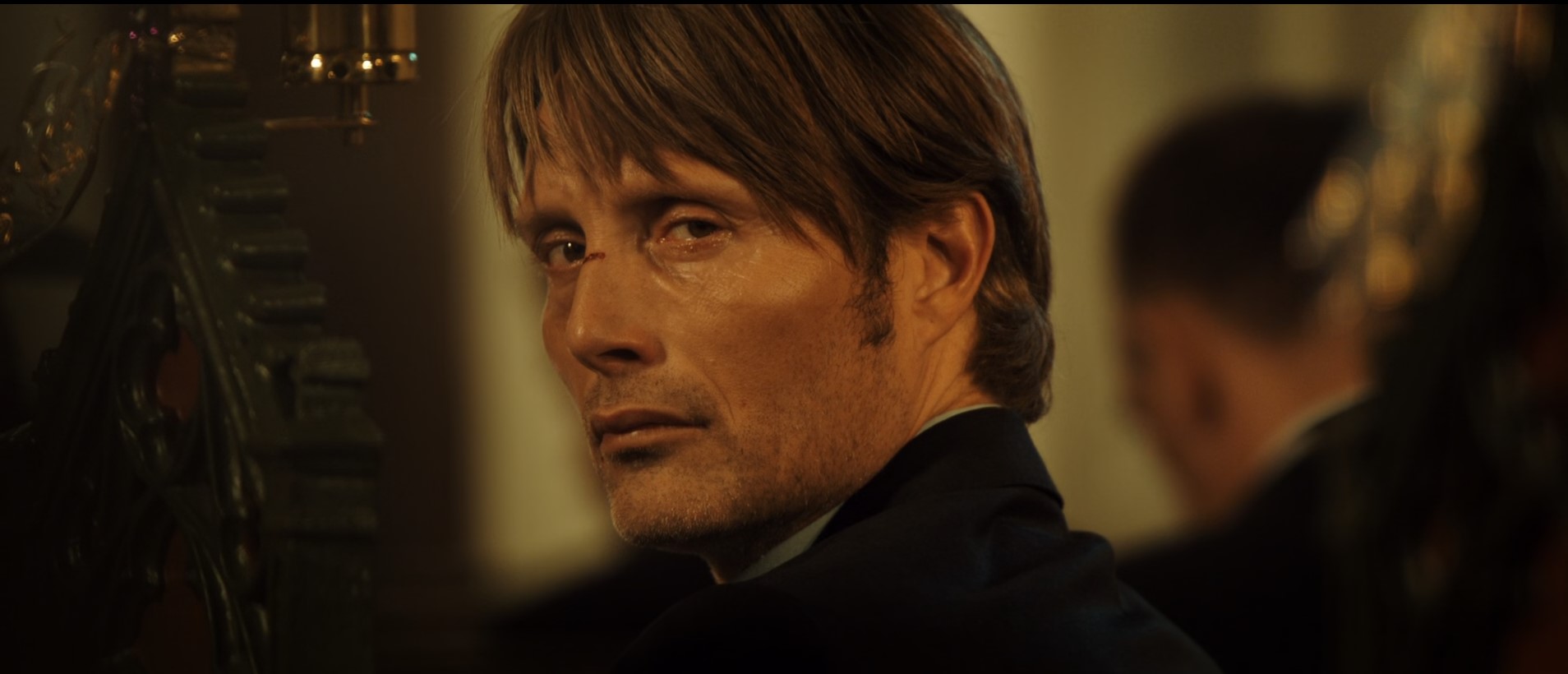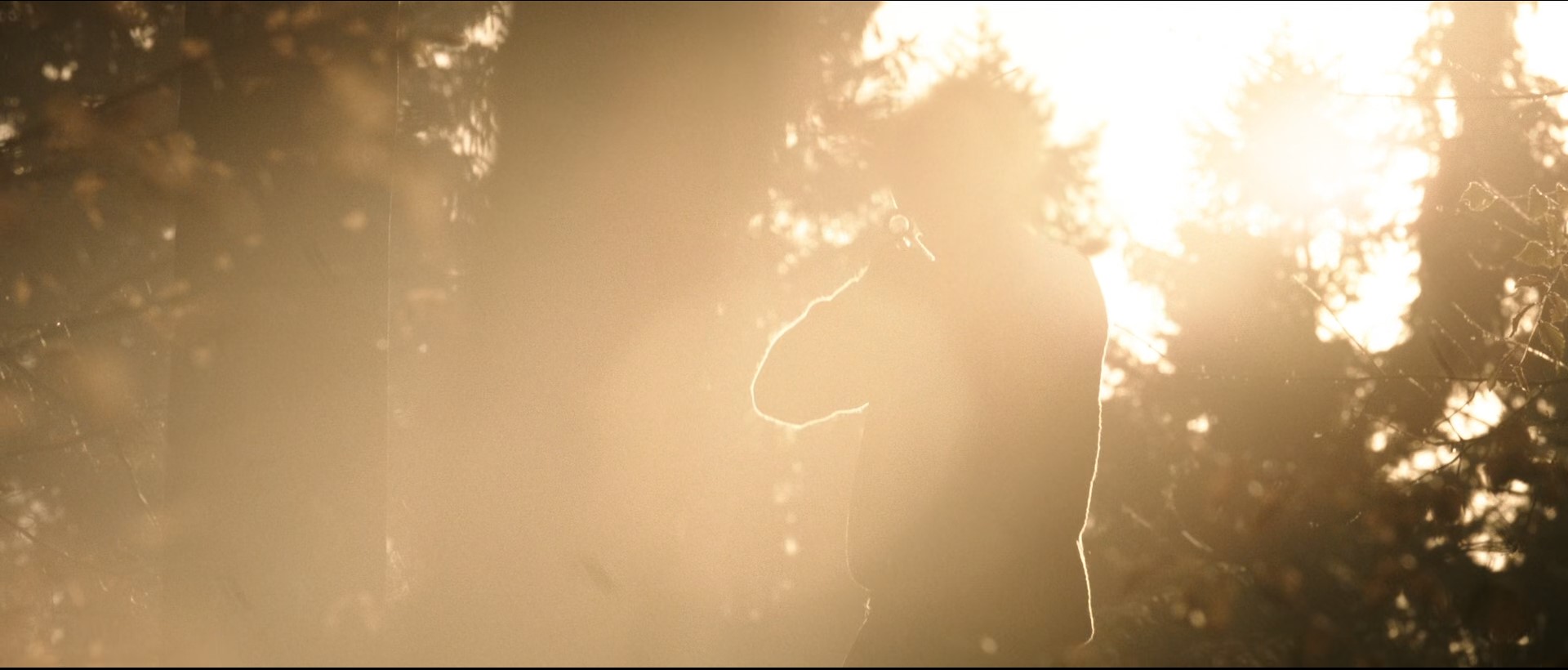The Hunt explores the dangers of confirmation bias, stereotypes, and witch hunts from a psychological perspective as one man’s life is destroyed by small lies and collective prejudice. The movie makes you think deeply about how destructive the biases and misconceptions we face in our daily lives can be and what it takes to overcome them.
The Hunt is a movie that has a lot to offer on a psychological level, but it also has a lot to bring us back to our everyday lives. The movie is a shocking depiction of how individual innocence can be destroyed by collective prejudice and violence.
To briefly introduce the plot, Lucas, a kindergarten teacher who returns to his hometown after a divorce, has a new girlfriend and dreams of a happy life with his son Marcus. His life seems to have settled into a quiet, stable routine as he tries to start anew after going through a difficult divorce, but the peace is short-lived. One day, a small lie told by a girl, the daughter of one of Lucas’ best friends, who attends the kindergarten where Lucas works, spreads like a plague through the village. This small lie causes the townspeople to distrust Lucas, and he is falsely accused. This gradually leads to his lonely fight to defend himself against the collective violence and suspicion of the townspeople. Lucas’s situation in particular vividly illustrates the psychological pressure he faces as he becomes increasingly isolated amidst the suspicion and wariness of those around him.

I watched this movie by chance earlier this year without knowing exactly what it was about, but it gave me a lot to think about long after I finished watching it. In particular, it made me think deeply about the ‘confirmation bias’, which is the tendency to accept information that matches our beliefs and ignore information that does not match our beliefs. It also made me think twice about whether or not I can confidently say that I don’t have this confirmation bias in my daily life. It also made me realize how many times in our society this bias causes innocent people to suffer unnecessarily.
In addition to the confirmation bias, I was once again reminded of how scary stereotypes and witch hunts can be, albeit indirectly. The way the villagers treat Lucas in the movie shows how stereotypes and prejudices can destroy a person’s life. These examples are also common in the real world, where prejudice against certain groups of people often leads to unnecessary conflict and suffering. For example, when the media reports on an event and provides only partial information to create a biased view, the damage is done to innocent people.
In fact, I don’t think anyone can be completely objective, which is why we face so many misconceptions in our daily lives. Sometimes these misunderstandings can be resolved naturally over time, but other times they can become irreversible. As in the case of Lucas in the movie, small misunderstandings and lies can snowball into an irreversible situation. This reminds us of how stereotypes and prejudices can have terrible consequences. In particular, we should be aware that many people in our society still hold these biases without realizing it, and that they can be very hurtful to others.
The movie also made me think about cognitive dissonance theory. Cognitive dissonance theory explains that individuals change their attitudes or behaviors to resolve the psychological discomfort caused by the inconsistency between their beliefs, thoughts, attitudes, and behaviors, and the greater the inconsistency between their thoughts and attitudes, the stronger the self-justification through attitude change. Cults that force their followers to perform severe initiation rituals to cultivate loyalty to the organization, cults that force their followers to perform blind physical service or donate large amounts of money, and restaurants that charge high prices for food to keep their customers are all examples of cognitive dissonance.
In this movie, Lucas, the main character, is caught up in the collective cognitive dissonance of the townspeople when a girl’s lie spreads as if it were the truth. No matter how much Lucas proclaims his innocence, no one believes him. This creates a sense of tension and anxiety that lasts throughout the movie, and makes the audience deeply sympathize with the protagonist’s desperate situation.

In the second half of the movie, we see how a small lie told by a girl can completely ruin a person’s life. Years later, the truth is revealed, but everything has already changed, and Lucas, his family, and acquaintances are still threatened by an unspecified number of people. In the final scene, Lucas is nearly killed by a stray bullet, and it turns out to be one of the people closest to him who had gone hunting with him. This scene symbolizes that even those who believed in Lucas’s innocence from the beginning were not completely unconvinced.
The title of the movie, “The Hunt,” literally means “hunting,” but in this case, the hunt symbolizes the ruthless witch hunts against humans, not just animals. The movie shows how witch hunts can destroy individuals and the consequences can be devastating. It’s a phenomenon that we see every day in our lives, where we believe rumors and gossip about celebrities as if they were true and collectively attack them.
In real life, there are probably many more people who are victimized by these witch hunts than we realize. Watching the movie made me realize that witch hunts should be the exception, not the rule, and that no one should be so quick to judge others, and that mental reform and effort is needed to minimize, if not eliminate, our own confirmation bias.
The main character of the movie, Lucas, is not someone else, but we can be ourselves. Throughout the movie, the audience is deeply involved in Lucas’s emotions and experiences a complex mix of feelings, including compassion, anger, fear, frustration, and resentment. I still can’t get over the mixed emotions I felt after watching this movie. The powerful message of the movie is that we want to see a society where innocent people are no longer hurt and victimized. It’s not just an ideal, it’s a goal that we can all work towards.